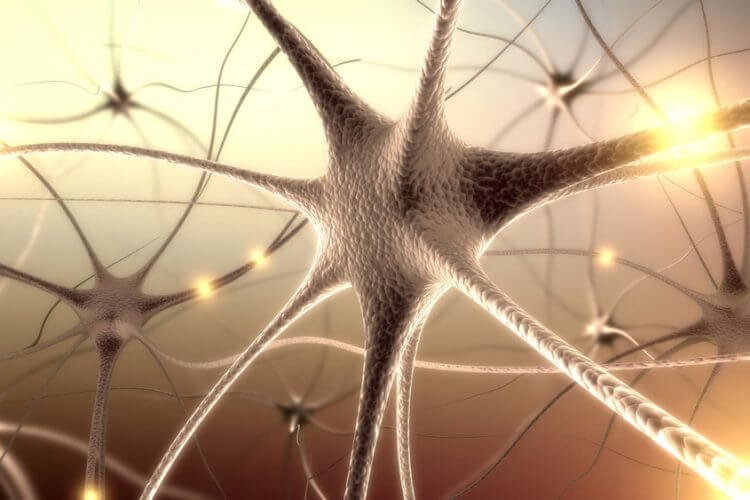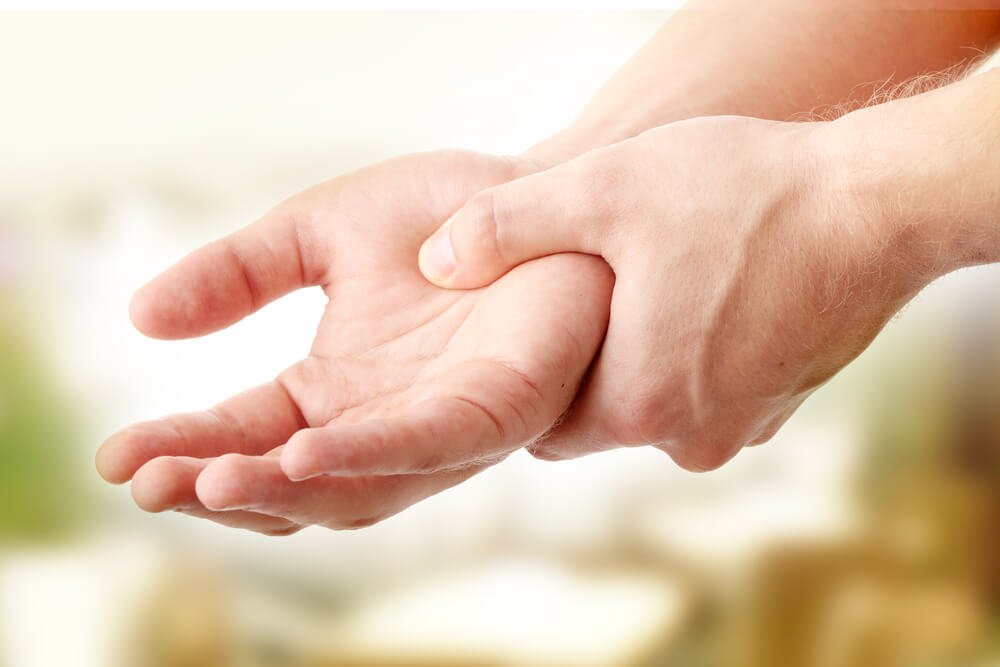Neuropathy Relief
Helping people that suffer from peripheral neuropathy
What is Peripheral Neuropathy?
Peripheral = around the outside of the body. Not the brain or spinal cord, anywhere else can be considered peripheral in the nervous system.
Neuropathy = nerve dysfunction. The nerves are unable to deliver the correct signals consistently. They are damaged, weak, sick, under stress and degenerating.
In the peripheral nervous system, nerves are constantly growing and regenerating. In the central nervous system (brain & spinal cord), it is believed they cannot be regenerated.

What Is The Cause?
There are many potential contributing factors for peripheral neuropathy. At the root of the symptoms are nerve cells that are not being supported with an environment that is adequate for survival. They need fresh blood flow for oxygen, nutrients and cells to fight and eliminate the stressors that are causing the degeneration. Targeted support for natural healing will be the answer for the great majority of those with neuropathy.
Some of the Contributing Factors:
- Diabetes / Pre-Diabetes
- Poor Circulation
- Chemotherapy
- Trama or Surgery
- Spinal Stenosis / Spinal Arthritis
- Autoimmune
- Hormonal Imbalances
- Cancer
- Infections (viral or bacterial)
- Alcohol Abuse
- Liver/ Kidney Disease
- Nutritional Imbalances
- Medications
- Toxins
- Genetics
Causes of Peripheral Neuropathy
There are many potential causes of peripheral neuropathy. The most commonly diagnosed causes are diabetes, chemotherapy and “idiopathic”. A diagnosis of idiopathic peripheral neuropathy is given if the doctor is not certain of the cause. In my experience, more than one factor often contributes to the condition.
Some of the most common causes include:
- Diabetes / Pre-Diabetes
- Poor Circulation
- Chemotherapy
- Trama or Surgery
- Spinal Stenosis / Spinal Arthritis
- Autoimmune
- Hormonal Imbalances
- Cancer
- Infections (viral or bacterial)
- Alcohol Abuse
- Liver/ Kidney Disease
- Nutritional Imbalances
- Several Medications/Pharmaceuticals
- Toxins
- Genetics

Commonly Affected Areas
75% of all cases are classified as, “length-dependent polyneuropathies” meaning, the symptoms start in the toes or fingers and progress up toward the knees or elbows.
In addition to the extremities, peripheral neuropathy can affect the torso, face, neck, internal organs like the lungs, kidneys, liver, stomach and intestines. The external organs like the skin, eyes, nose, ears and tongue may also be affected.
Typical Progression of Symptoms:
- Toes
- Feet
- Ankles
- Shins
- Knees
- Fingers
- Hands
- Wrists
- Arms

Symptoms
The most common type of peripheral neuropathy is considered progressive and continues to get worse over time. Occasional tingling can escalate into unrelenting stabbing pains. Numbness, which is often described as a “heavy”, “dead”, “leathery”, or the feeling that “they are not my own”, can spread from the toes or bottom of the feet, up to the knees or pelvis. Instability can lead to poor balance and the increased risk of falling. Due to the fear of falling, heightened concentration can make walking an overly fatiguing experience. Neuropathy can also start or spread into the hands and arms, making dressing or grasping everyday items difficult. Sleep can be disrupted due to muscle cramps, burning or stabbing pains. Hypersensitivity can make walking, wearing shoes or even the weight of the bed sheets uncomfortable. Some neuropathy sufferers wear socks or gloves to bed year-round due to persistent cold sensations. Neuropathy can lead to muscle fatigue, weakness and muscle loss. Most commonly, sensory related symptoms precede muscle related symptoms.
Symptoms vary depending on the type of nerves that are damaged: sensory, motor or autonomic.
- Sensory nerves transmit information about what you feel; pain, pressure, light touch, temperature, proprioception (where feet or hands are in space… eg. balance).
- Motor nerves control the movement of your muscles.
- Autonomic nerves control organs regulated to breathing, digesting food, heart and gland functions.
Symptoms may include:
- Numbness – Unable to feel your hands or feet. Difficulty driving and loss of dexterity in fingers and toes.
- Tingling – Annoying tingling sensations that can be constant, or come and go.
- Electrical/Stabbing Pain – Over-active nerves shoot randomly and without warning.
- Burning – Commonly felt in the feet; burning/hot sensations make it uncomfortable to walk and can disrupt sleep.
- Poor Balance – Instability and fear of falling that can make it uncomfortable when walking in an open space.
Additional symptoms can include:
- Pins and Needles
- Loss of Dexterity
- Bunched-Up Sock Feeling
- Hurts to Walk
- Soles Feel too Thick or Thin
- Feeling of Tightness or Bands
- Shoes Uncomfortable
- Muscle Twitching
- Dropping Items
- Cannot Tell How Hard You Are Grasping
Our Services
Providing solutions without drugs or surgery
Telehealth
Phone Consultation
Webinars
Frequently Asked Questions
If we are unable to answer your questions here, please feel free to contact us at:
(757) 655-7733 or info@myneuropathyrelief.com
What if I can't travel to the office?
What is telehealth?
Am I too old?
When is it too late to get help?
Disclaimer: The information provided on this website is for general informational purposes only. It is not intended as a substitute for professional medical advice, diagnosis, or treatment. Always seek the advice of your physician or other qualified health care provider with any questions you may have regarding a medical condition or treatment and before undertaking a new health care regimen, and never disregard professional medical advice or delay in seeking it because of something you have read on this website. Reliance on any information provided on this website is solely at your own risk.




